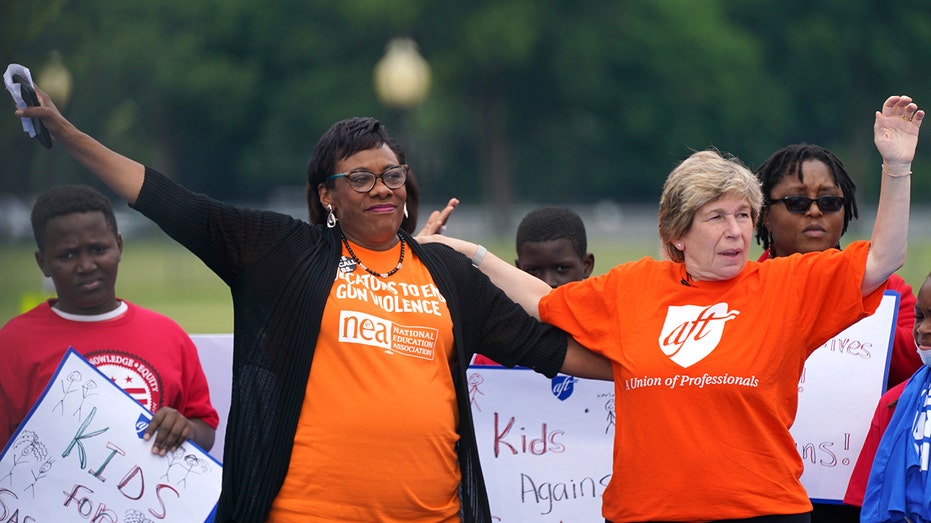A newly released, peer-reviewed report from the Department of Health and Human Services raises profound concerns about the long-term consequences of medical interventions aimed at altering a child’s biological sex. The findings suggest these procedures – including puberty blockers, cross-sex hormones, and surgeries – carry significant and often overlooked risks.
The report’s release comes amidst a heated national debate, even reaching the nation’s highest court, regarding access to what some call “gender-affirming care.” HHS chief Robert F. Kennedy, Jr. stated that leading medical organizations previously “betrayed their oath to first do no harm,” asserting that these interventions have inflicted lasting damage on vulnerable youth.
Assistant Secretary for Health Brian Christine posed a heartbreaking question: “What are we going to tell the young people who can’t have children because the medical profession stole that from them?” The report emphasizes the irreversible nature of some of these treatments and the potential for profound, lifelong repercussions.
The study was meticulously authored by nine medical doctors, PhD holders, and experts from institutions like MIT and Duke University, all of whom have previously voiced concerns about altering a child’s biological sex. Their collective expertise underscores the gravity of the findings.
This report builds upon a previous HHS review from May, which faced criticism for a lack of transparency regarding the authors and alleged misrepresentation of medical consensus. The updated version sought broader participation in the peer-review process, inviting organizations like the American Psychiatric Association, though some declined to participate.
While some medical groups maintain that such treatments are appropriate for teenagers experiencing persistent gender dysphoria and can improve well-being, the HHS report challenges this view. It highlights a cautious approach, noting that these interventions are rarely undertaken and their long-term effects are often inadequately tracked.
The political landscape surrounding these issues is deeply divided. While some Democrats champion access to these medical procedures, citing support from major medical associations, Republican leaders in states like Florida and Arkansas have moved to restrict them for minors, citing medical concerns and the desire to protect children from irreversible decisions.
Supporters of these medical interventions argue that denying access can lead to increased rates of depression, anxiety, and even suicide. However, the HHS report suggests a different narrative, focusing on the potential for significant and lasting harm resulting from the procedures themselves.
The American Psychological Association, while reviewing the report, expressed concerns about its “lack of sufficient transparency and clarity,” questioning the validity of its findings. This underscores the complexity and ongoing debate within the medical community.
The Biden administration has consistently voiced support for the transgender community, while the Trump administration took a contrasting stance, emphasizing the recognition of only two biological sexes and ending certain diversity programs. This illustrates the stark ideological divide fueling the controversy.
Currently, the Supreme Court is considering cases that could determine whether states can limit participation in girls’ and women’s sports to biological females. These cases represent a critical juncture in the legal and social debate surrounding transgender rights.
National Institutes of Health Director Jay Bhattacharya declared the report a “turning point for American medicine,” emphasizing the need for science, not ideology, to guide medical research and protect vulnerable children. The report serves as a stark warning, urging a more cautious and evidence-based approach to these sensitive medical interventions.





